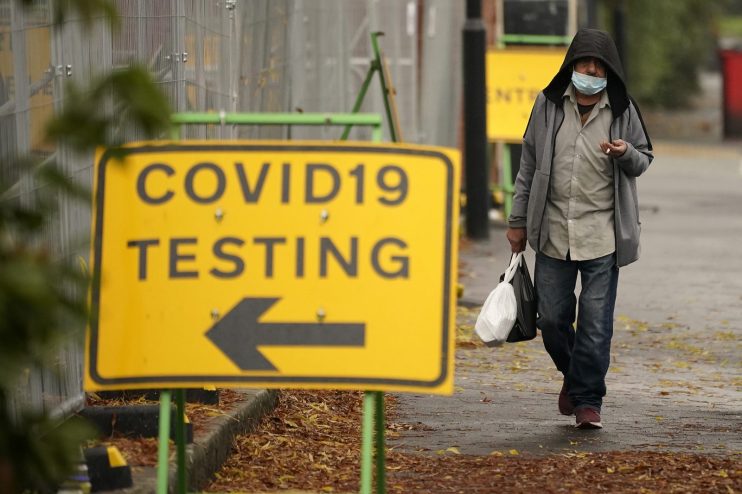If the PM wants to make mass testing work – there must be national health passes

Two things can be true at once: the roll out of vaccinations is by far the most promising development in the pandemic, and the future is still very uncertain. The Prime Minister’s new roadmap announcement this evening will likely leave many questions unanswered. Even when businesses are allowed to reopen, they face an uphill battle to show they are safe to reassure both employees and consumers.
Health passes are a reliable way of converting this uncertainty into manageable risk. Working alongside the NHS’ impressive vaccine rollout and Boris Johnson’s anticipated plans to increase rapid-turnaround testing capacity, a health pass could facilitate the most sustainable return to normality since the pandemic began.
It’s not what people want to hear – but the vaccine may not be a silver bullet to restoring the economy to its pre-pandemic form. There needs to be a credible containment plan to deal with the potential for a mutant strain gaining a foothold and running ahead of the vaccine response.
Last year’s Christmas closures meant a huge cash cost for businesses and the economy won’t work if business is faced with the uncertainty of how to manage the ad-hoc localised restrictions of last year.
Customers will also be anxious about risks, which will carry its own economic costs: voluntary social distancing did almost as much damage to mobility, consumer spending and jobs as the lockdown measures themselves, according to the Bank of England and IMF.
We at the Tony Blair Institute welcome the anticipated plans to increase rapid testing capacity. But there is a huge practical vacuum in the idea that we can have rapid tests for many but no domestic health pass.
Mass testing with no efficient form of recording the result would be a recipe for chaos and a nightmare for businesses to manage. Think of crowds of cinema-goers or office workers queueing up together to take a new test every time they enter a different setting. A health pass significantly reduces the burden for venue and reduces the risk for consumers.
The early attempts at test and trace analogise this perfectly: the resistance to using tech early on led to fragmented and messy forms of data collection on tattered clipboards in bars. The test and trace app completely changed this, and, recent studies estimate it could have prevent as many as 600,000 cases since it was launched, despite relatively low take-up. Likewise, a digital health pass could be as seamless for businesses to handle as accepting a contactless payment.
If the government doesn’t set the terms for how health passes work, private companies will. Many are already looking into it. If each makes their own decision as to what level of proof – or test – to require, the result would be further confusion and headaches for businesses. And in order to securely access accurate health data, health passes will need guidance and cooperation from the health authorities that administer vaccines and tests.
Of course, there are important questions of security and privacy. There needs to be careful work on the design of the pass and the policy underpinning. But these questions are surmountable.
If anything, using technology already available could make them easier to solve. Many organisations have developed software for a health pass that there are numerous options for protecting users’ data. Following a self-sovereign model (where data is stored on the user’s phone, controlled by the user) could provide reassurance – after all, millions of people are confident enough to keep their bank card in a digital wallet on their smartphone. Access to the pass could be through a highly secure biometric face ID or by a password. Privacy can be protected by only showing a risk rating rather than vaccination or testing details.
Businesses need this year to look very different and the Government needs to take the right precautions now to put this in place. People need to be provided with a way to safely re-engage in society – even as we deal with the threat of new variants. Digital health passes are essential to this.
